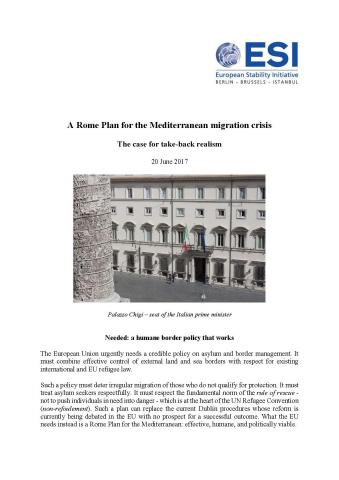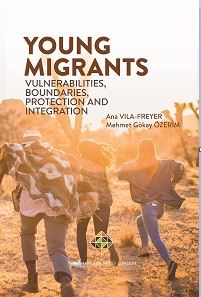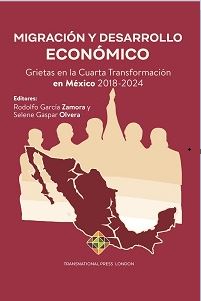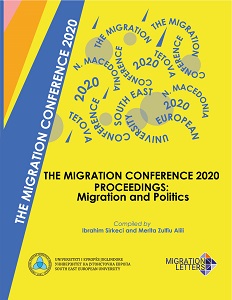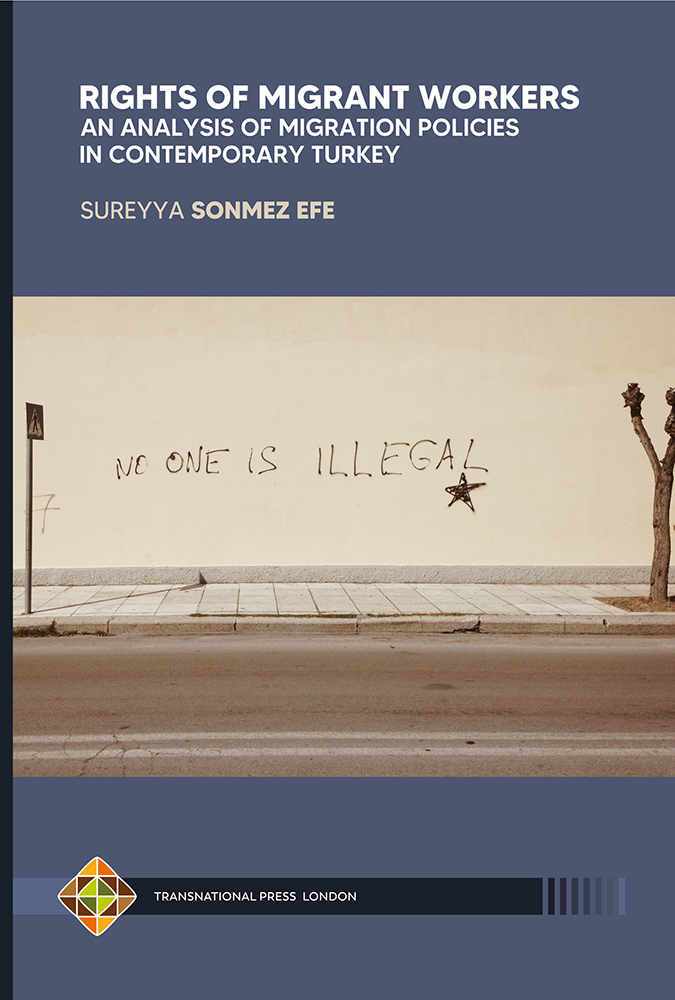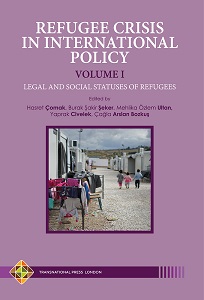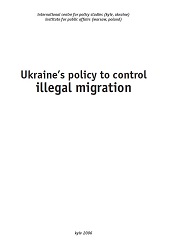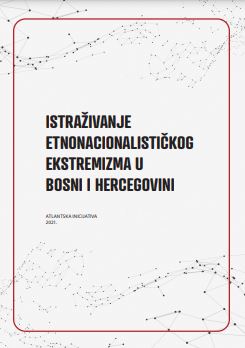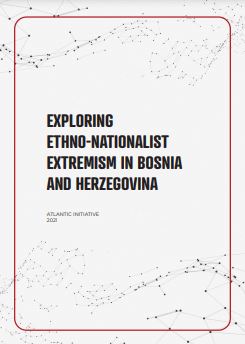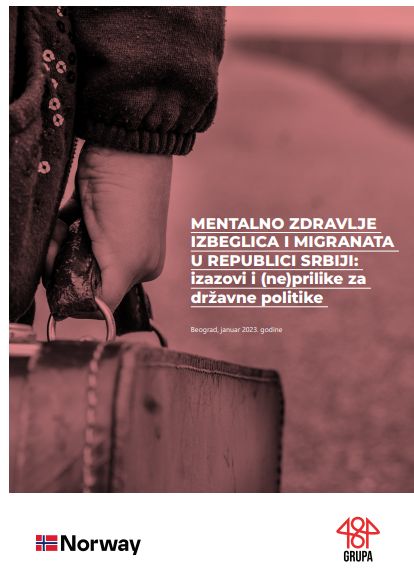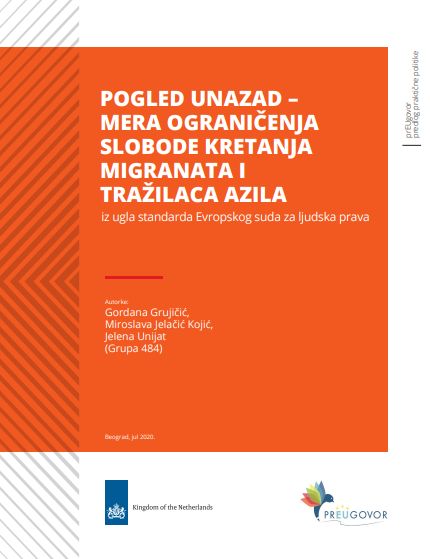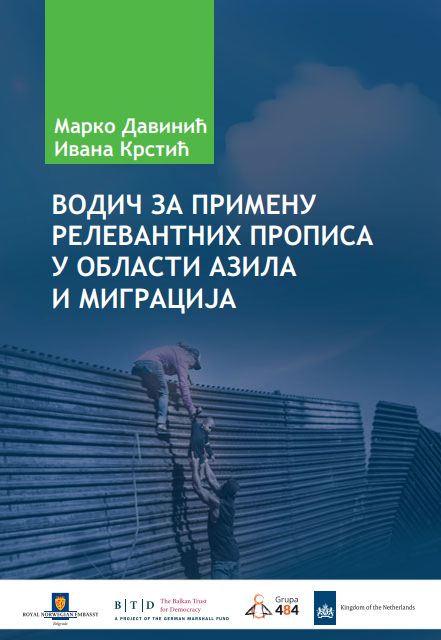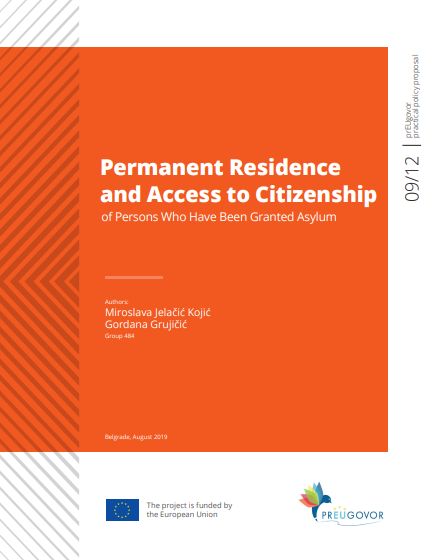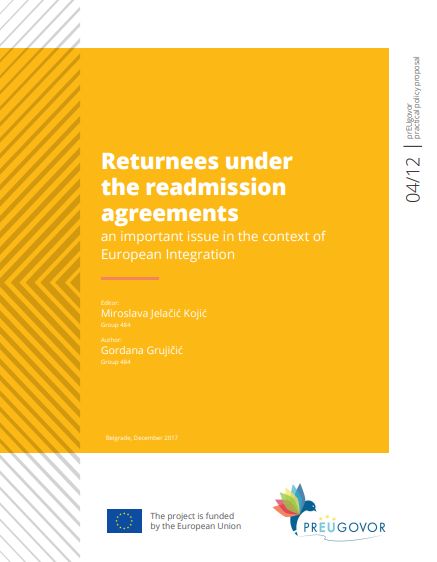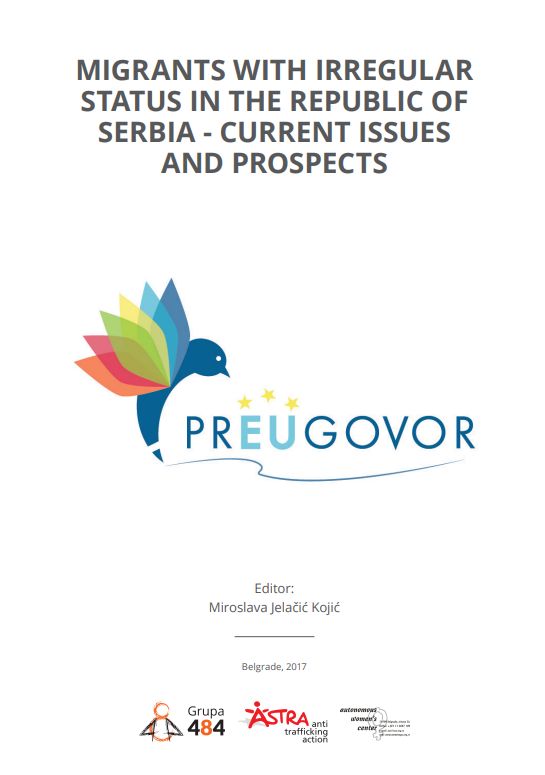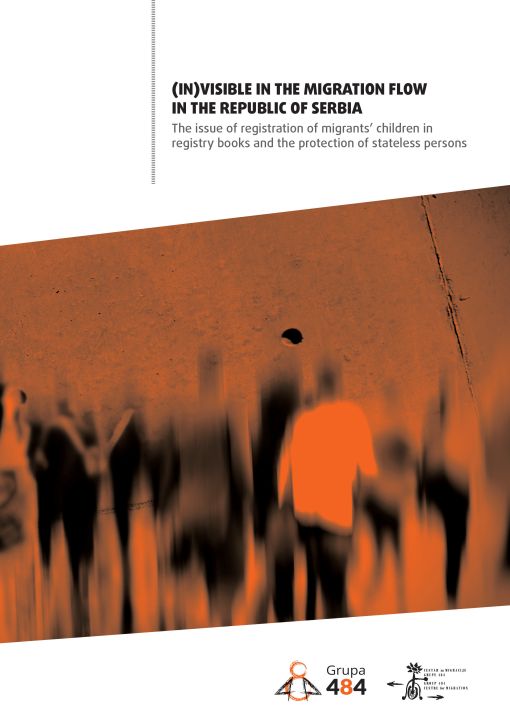Author(s): Nejra Veljan,Majda Halilović / Language(s): English
This paper presents the results of research on ethno-nationalist extremism in Bosnia and Herzegovina and, while it reveals some worrying trends, which cut across gender and age categories, the research does also highlight some opportunities. Demonstration of extreme ethno-nationalist views ranges from the readiness of participants to support their “ideals” only at a rhetorical level, through to a readiness to justify and directly support acts of violence or to commit acts of violence themselves. However, the research also indicates where potential lies for building resilience to extremism. There is a strong indication that respondents who had more interactions with people from other ethnic/identity groups were much less likely to support violence, even though they harbour very strong ethno-nationalist views and were recognised as extremists in their communities. This research also indicates how the promotion of nationalism by political parties in BiH provides a “key concept” and “main framework” for ethnonationalist extremism. It further points to some paradoxes and tendencies in the development of illiberal democracy - processes which, on the one hand, indicate greater trust in strong leadership, while at the same time weakening trust in formal state institutions. It is this trend - alongside the consensus of most respondents regarding corruption, organized crime and politicians - that represents the most serious security threat in BiH. This is the most alarming part of the study’s findings, which call for broader social action and the involvement of all internal sectors - from politicians, intellectuals and public figures to the media and international organizations - to preserve the most important values of pluralism and democracy. In addition, although earlier research has neglected the important role of religion in understanding such social movements, this research takes into account the latest studies which suggest that religion (and especially its abuse and radical interpretations) reinforce ethnonationalism and contribute to extremism. This is further confirmed in this analysis by the percentage of respondants expressing religious devotion, with almost all respondents saying that religion plays a significant role in their lives, while three quarters (74%) said they accept all the teachings and demands of their religion. The analysis of results included here represents a departure from previous research on extremism in Bosnia and Herzegovina for two reasons. Firstly, because previous research has largely focused on Syrian fighters and Salafi communities. Secondly, this paper reveals commonalities among ethno-national extremists that cut across their Bosniak, Serb and Croat identities. While acknowledging that their ideologies are based in opposition to each other, analysis shows that the attitudes and world-views of ethno-nationalist extremists from all three Bosnian communities contain more commonalities than differences. In a complex political and social scenario in which ethno-nationalism is on the rise, this research adds to our understanding of how far-right and extreme right ideas are being put forward in BiH, and the ways in which the regional and international context is contributing to this. The research identified issues similar to the rest of Europe: anti-immigration and anti-Islamic narratives and sentiments; opposition to gender equality; promotion of conspiracy theories; and the manipulation of the COVID-19 crisis. Conservative religious discourse is on the rise as well, and it seems this is not being adequately challenged. In BiH this far-right narrative integrates and mirrors the ethno-nationalism coming from political parties. Community and online activities are taking on these narratives and further developing them through a language of othering, fear of immigrants, affective social distance, and undermining the rights of women and peace building efforts. Some key findings include: Respondents were more likely to accept violence if they had lower levels of education or were dissatisfied with their income, family life, and prospects. There is a direct relationship between respondents’ views on gender equality and their support for violence, with those who reject gender equality and espouse “traditional values” expressing more support for violence. Respondents who had less resistance to an idea of reconciliation with other ethnic/identity groups; who understood that the celebration of war criminals from their group is offensive to other ethnic groups; and who were not strongly opposed to the idea of mixed marriages, befriending people outside their ethnic group, or having them as their civic representatives, doctors, and teachers, were also less likely to accept or support violence. Respondents who expressed less animosity toward migrants were also less likely to support or condone violence. A trust in democracy strongly correlated with less support for violence; however, a majority of respondents (61%) answered that a strong leader is more important than democracy. Women show the least sympathy for violent extremism. Younger respondents (18-35) are more supportive of violent extremism A majority of respondents believe that corruption, organized crime and politicians represent the most serious security threat in BiH. Belief in Bosnian collective traditions is expressed in different and sometimes unexpected ways, even among individuals who have extreme ethnonationalist views. Also, analysis has shown surprisingly clearly that the degree of common characteristics among extremists is far higher than their differences. There is a strong correlation between respondents who claim to be highly religious and those who feel that violence is justified as revenge or to defend their ethnic and religious group. This research has shown that the abuse of religion acts as an intensifier of extreme ethnonationalism and causes further division. Among the particularly interesting findings of the research are data indicating the connection between employment status (i.e. employment or unemployment) with support for ethno-nationalist views and far-right organizations. It is noticeable that those permanently employed were those most closely associated with the ruling political parties, either as members or activists (69%) - and this relationship and alliance with the ruling ethnonationalist parties is not disguised. Meanwhile it was the unemployed (31%) who were members of far-right organizations and football hooligan groups. When it comes to “migrating” between entities within BiH for employment or better education, almost half of respondents said they would most likely decide to relocate because of opportunities for better employment or better education for them or their children. In the case of war a majority of respondents (51%) would choose to leave BiH and, despite their extreme ethnonationalist views, they would refuse to take up weapons.
More...
